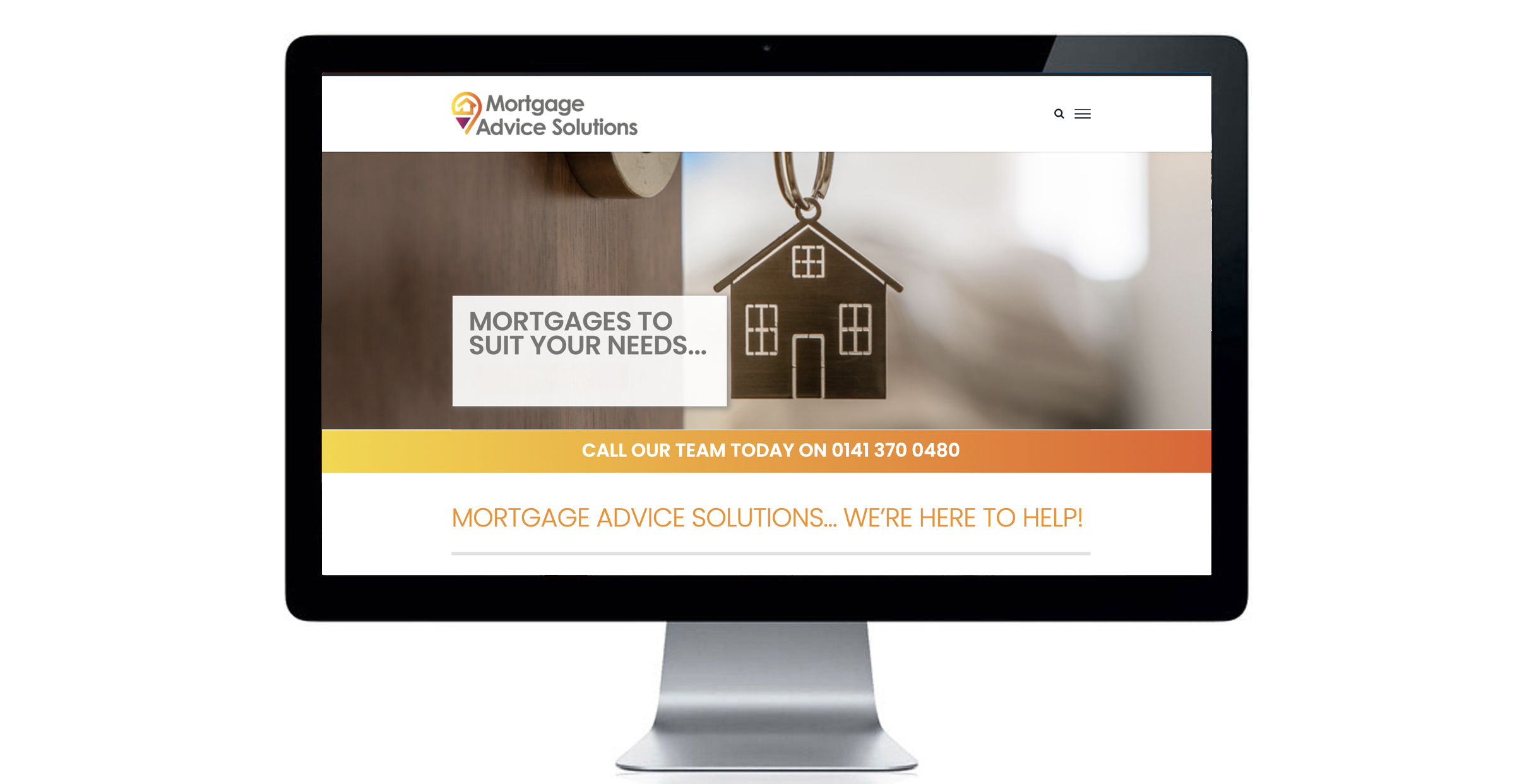Is it harder to get a mortgage if you’re self-employed?
If you’re self-employed, it can be more of a challenge to get a mortgage because you’ll need to prove you have a reliable income. But getting a mortgage when self-employed is certainly not impossible.
There are plenty of ways to prove to a mortgage lender that you have a reliable income, it’s usually just a case of jumping through a few extra hoops.
What counts as self-employed?
Lenders will view you as self-employed if you own more than 20% to 25% of a business, from which you earn your main income.
You could be a sole trader, company director, or contractor.
How do you get a self-employed mortgage?
If you’re self-employed and looking for a mortgage, you will, in theory, have access to the same range of mortgages as everybody else and you’ll need to pass the lender’s affordability tests in the same way as any other borrower.
But because there is no employer to vouch for your wage, self-employed people are required to provide far more evidence of their income than other borrowers.
Since the introduction of the Mortgage Market Review in 2014 and then the COVID-19 impact on businesses, mortgage providers have considerably tightened up their lending criteria and need to be convinced you can afford your mortgage before they agree to lend you the money.
What will I need to provide for a self-employed mortgage?
To prove your income when you apply for a self-employed mortgage, you will need to provide:
- SA302 forms (tax calculations) & a tax year overview (from HMRC) for the past two or three years
- Evidence of dividend payments or retained profits (if you’re a company director)
- Some lenders, may also require business bank statements, if you operate a business bank account
Lenders also prefer self-employed mortgage applicants to provide accounts that have been prepared by a qualified, chartered accountant; that way they can be sure of your reliability. It’s likely that they will focus on the average profit you’ve earned over the past few years.
If you only have accounts for one year or even less, you may find it a challenge to convince a lender that you can afford to repay a mortgage – but, again, it’s not impossible, as we do have access to lenders who can agree a mortgage with just one years accounts . Having evidence that you’ve got regular work or providing proof of future income may help.
Just be aware your choice of mortgages may be more limited.
Having a healthy deposit and a good credit history will also help your chances of securing a mortgage when you’re self-employed.
As well as providing evidence of your income, you will also need to provide:
- Passport
- Driving licence
- Utility bill dated within three months
- Three (3) months worth of bank statements
Lenders will want to examine your bank statements to look at how much you spend on bills and other costs to be certain you could afford your mortgage repayments. They may ask about:
- Household bills
- Travel and commuting costs
- Childcare
- Holidays
- Socialising
- Hobbies
- Credit card and store card repayments
- Loan repayments
- Car finance agreements
- Catalogue credit accounts
Do self-employed people have to pay higher mortgage rates?
Self-employed mortgages aren’t necessarily more expensive. As long as you’re able to supply enough information about your income, you should qualify for the same mortgage deal as someone with a comparable salary in a permanent, full-time job.
The mortgage rate you get is much more likely to depend on the size of your deposit, as well as your credit rating.
The more can put down as a deposit, and the higher your credit rating, the better your mortgage rate is likely to be.
However, if you struggle to get accepted by a mainstream bank, you may have to apply with a specialist lender that deals with self-employed borrowers which we also have access to, and you may find the rates they are able to offer are higher.
How to boost your mortgage chances
There are a number of steps you can take to increase your chances of being accepted for a mortgage when self-employed, such as:
- Save as much as you can for a deposit
- Check your credit rating – our Advisers will tell you about the best credit agency to use
- Correct any mistakes on your credit report
- Get on the electoral roll (Voters Roll)
- Avoid buying certain properties such as flats above commercial premises or old or unusual buildings as lenders are less willing to lend on these
- Speak to our Expert Mortgage Advisers, who will guide you throughout the whole process
How to find the best mortgage deals for the self-employed
As professional Mortgage Advisers, who specialise in assisting self-employed people getting a mortgage, we have the skill, experience and knowledge of which banks and building societies are more willing to lend to those who are self-employed, which have the strictest lending criteria and which are most likely to offer a competitive interest rate to a self-employed borrower.
Start your mortgage journey with us today, and we can explore what options are available from across the mortgage market. A simple 30 minute chat with one of our Specialist Advisers is all it takes.
Phone: 0141 370 0480





